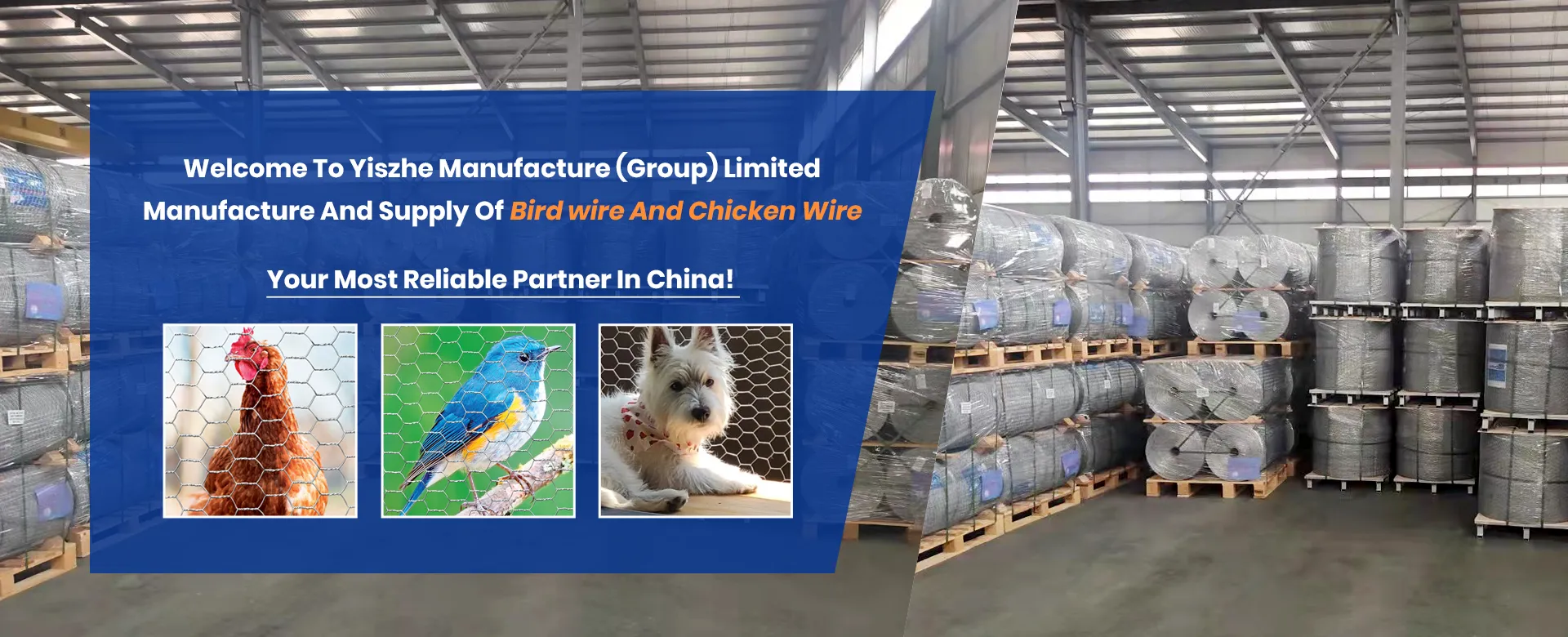Jul . 30, 2024 15:41 Back to list
Exploring the Unique Technique of Rabbit Netting for Sustainable Living and Innovative Design
The Art and Science of Rabbit Netting
Rabbit netting has long been a practical solution for farmers and gardeners alike. Whether you are protecting your crops from nibbling rabbits or creating suitable enclosures for your own pets, rabbit netting represents a blend of functionality, durability, and practicality. This article explores the significance of rabbit netting, its benefits, and effective ways to utilize it in various settings.
Understanding Rabbit Netting
Rabbit netting is constructed from a variety of materials, including galvanized wire, plastic, and sometimes reinforced mesh. It typically features hexagonal or square openings, making it difficult for rabbits and other small animals to navigate through. The netting serves multiple purposes; it can function as fencing around gardens, as enclosures for domestic rabbits, or as protective barriers in agricultural settings.
Why Use Rabbit Netting?
One of the primary reasons for using rabbit netting is to protect crops and gardens. Rabbits are notorious for their burrowing and foraging behavior, and they can devastate a garden in no time. When gardeners implement rabbit netting, they create a physical barrier that prevents these curious creatures from accessing their precious vegetables and flowers. Furthermore, the netting is often designed to withstand the elements, ensuring it remains effective throughout the seasons.
Another significant benefit of rabbit netting is its versatility
. Beyond protecting gardens, it can be used to create safe spaces for pet rabbits. Pet owners can construct bunny-proof areas in their yards or indoors, allowing their furry friends to explore safely without the risk of escaping or encountering predators. The lightweight nature of most rabbit netting makes it easy to install, reposition, or remove as needed.rabbit netting

Installation and Usage Tips
Installing rabbit netting may seem daunting for first-time users, but with a few straightforward steps, it can be accomplished easily. Begin by determining the area you wish to protect or enclose. Measure the perimeter accurately to ensure you purchase enough netting. When it comes to installing the netting, it’s essential to pound stakes or wooden supports into the ground to provide a sturdy frame. It's advisable to bury the bottom of the netting slightly underground (about 6–12 inches), as this helps prevent rabbits from burrowing underneath.
For additional reinforcement, particularly in high-risk areas, consider using a secondary layer of netting or adding some natural deterrents around the perimeter, such as certain plants that rabbits find unappetizing. Regular maintenance is also crucial; inspect the netting periodically for any wear and tear and ensure the barriers remain intact.
Environmental Considerations
When choosing rabbit netting, think about its sustainability. Opt for netting products that are made from durable, recycled, or eco-friendly materials. This not only reduces waste but also contributes to responsible gardening practices. By integrating rabbit netting into sustainable gardening techniques, you can maintain a healthy ecosystem while protecting your crops.
Conclusion
Rabbit netting is an invaluable resource for anyone who wishes to safeguard their gardens or provide a safe haven for pet rabbits. Its durability, versatility, and ease of use make it a popular choice among gardeners and pet owners alike. By understanding the benefits and installation methods of rabbit netting, one can effectively contribute to a thriving garden or a safe pet environment. Embracing this simple yet essential tool can lead to healthier plants and happier pets, enhancing our interactions with the natural world around us.
-
The Role of Field Wire Fence in Grassland Conservation
NewsJul.15,2025
-
Stainless Steel Razor Wire Durability in Coastal Environments
NewsJul.15,2025
-
Enhancing Home Security with Mesh Fences
NewsJul.15,2025
-
Diamond Mesh Wire for Small Animal Enclosures
NewsJul.15,2025
-
Common Wire Nail Tensile Strength Testing for Woodworking
NewsJul.15,2025
-
Barbed Wire Corrosion Resistance Galvanization Techniques
NewsJul.15,2025









